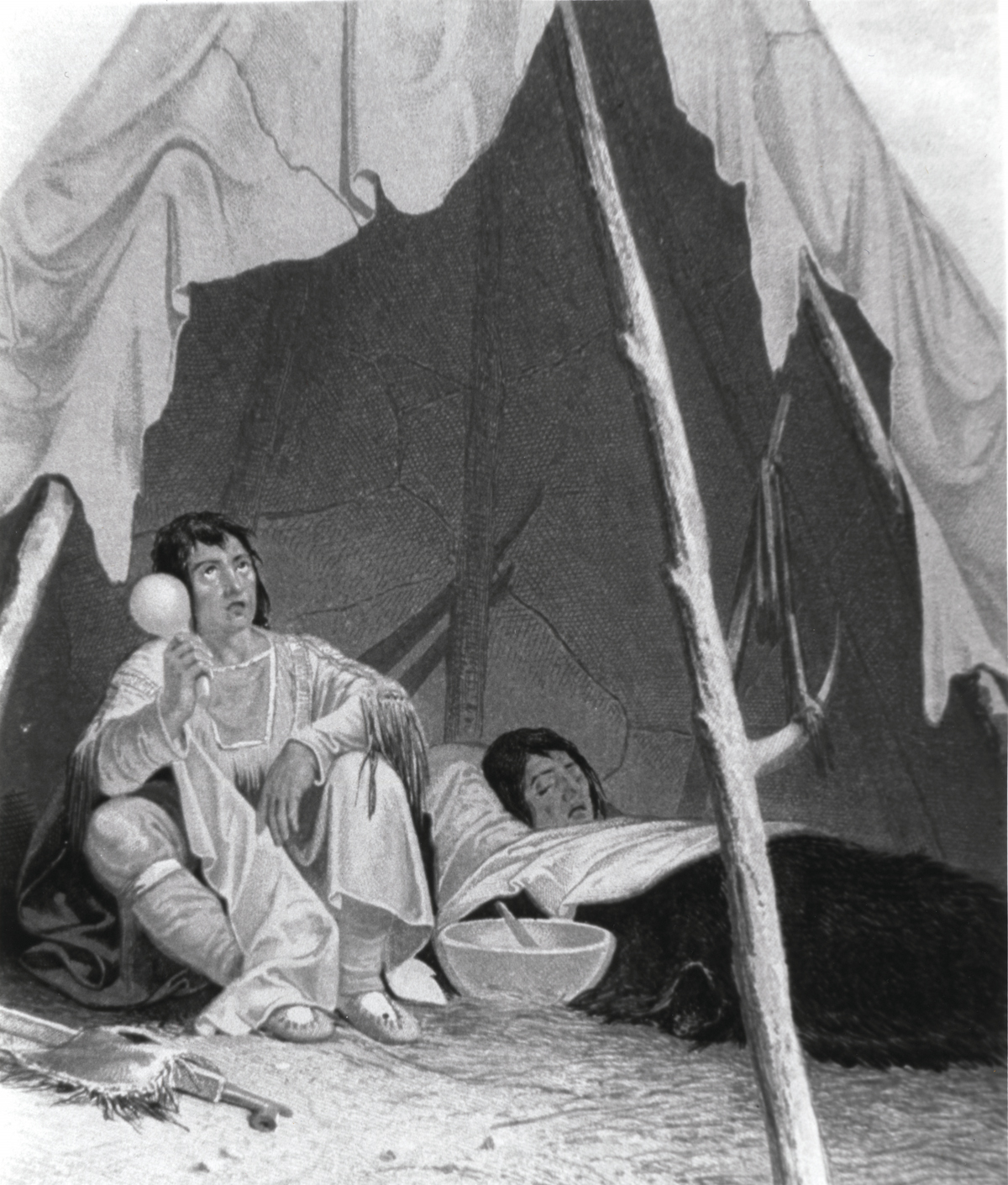
‘You are a Villager’: An insult to unlearn
“I’m from far away. That’s why”. The legendary late comedian, Super OD famously espoused this theory in a movie. The words supposedly crafted for the purposes of humour, mirrored a popular and longstanding depiction of the Ghanaian non-urban. For the avid fan of mid 1990s Ghanaian cinema, these words are likely to ring a bell – a bell that evokes memories of a stronger film scene and a bigger influence of cinema on social life. In the said scene, Super OD is seen and heard irritatingly drinking water from a glass. His host is surprised that the engagement of the brim of a drinking glass by human lips could birth such noise. The guest expects that his excuse of just recently arriving from the village should bring enough clarity to his host. Such dualism of the ‘uncouth’ villager and the ‘refined’ city dweller is rather a common feature in Ghanaian art and more unfortunately, everyday Ghanaian life. The popular ‘Tuabodom’ song by Nkasɛe was based on such thinking. The lyrics of this song mocked the fact that some people from a village were not used to the television set, refrigerator, tarred roads, elevator and hip hop dance. Imagine if all the things we are not used to, each became a criterion for assessing our value, competence and place as humans. The angry response of the people of Tuabodom to the song should have alerted us all to the discomfort of the said frame. Founded on the foregoing frame, “you are a villager” (wo yɛ kuraseni) and “nkurasesɛm” (village acts) have become two of the most heart-wrenching insults many-a-Ghanaian resorts to. When we are most infuriated, we brand those we have issues with as ‘villagers’ and their deeds as ‘acts of the village’. It really does not matter how long the targeted person has lived in the city, once you are deemed to have done something uncivil, or just wrong, you must be a villager. We may do this without much reflection but in Ghanaian villages, dwellers are neither uncivilized nor lawless. They should not cope with scanty material opportunities and also bear the insults of having fewer material opportunities. Elsewhere, the village is painted as a safe haven – the place closer to nature; the place of serenity and greenery; and the refuge from the noise and pollution of the city. Elsewhere, the village is a synonym for peace. But not us and ours. Think about it this way. ‘A’ assaults ‘B’. ‘B’ in anger, refers to ‘A’ as “a villager.” Is ‘B’ suggesting that the inhumanity, disrespect, lawlessness, arrogance and anger that informed the attack are (I) more common in villages (II) acceptable in villages (III) traits of those living in villages? There is hardly a defensible argument that makes any of the foregoing responses true. For many of us, we have grown up hearing the ‘villager’ insult. We may have been at the receiving end of it at some point. We know how much it hurts being compared to a ‘villager’ because we feel we are better than them. You may see this piece as a call for unlearning. See the arrogance and disrespect of the tag. But wait! Where have we seen such an unfortunate dualism before? Oh yeah… The Africans were long described as backward, uncivilized, barbarian and savage just because our ways were not the ways of the European. Yet, we do same as we unreflectively and harmfully so, mal-frame our villages and those making a life therein. We should not take the traffic lights, cutlery set, coal tar and the like for virtues. They never made us better human beings. Long may we be slow to anger but once we arrive at it, long may we not involve the village and its dwellers, they never did us any wrong. If you cannot hold your rage, choose your invectives right and do not make it an opportunity to expose how many litres of questionable narratives you have consumed.
Those who live in our villages are as respectful, amiable and helpful if not more. They are as tidy, handy and inventive if not more. It is that bad if we must have this conversation in the first place. Say stupid. Say fool, if you must. Villager is never their synonym.






